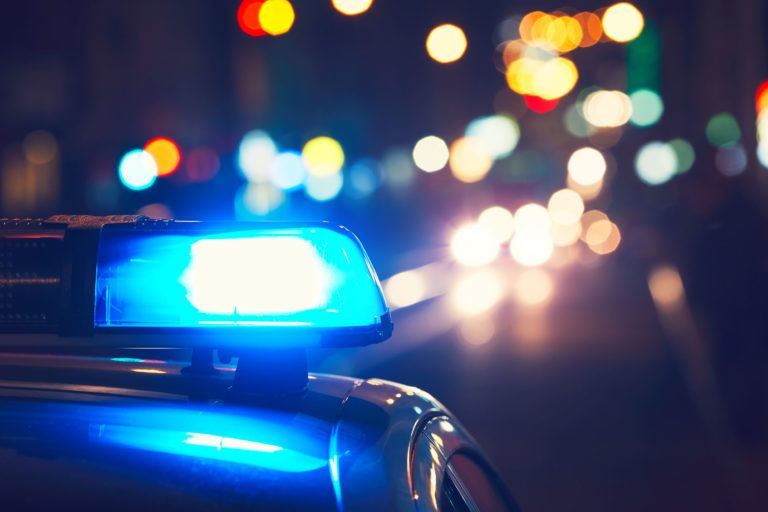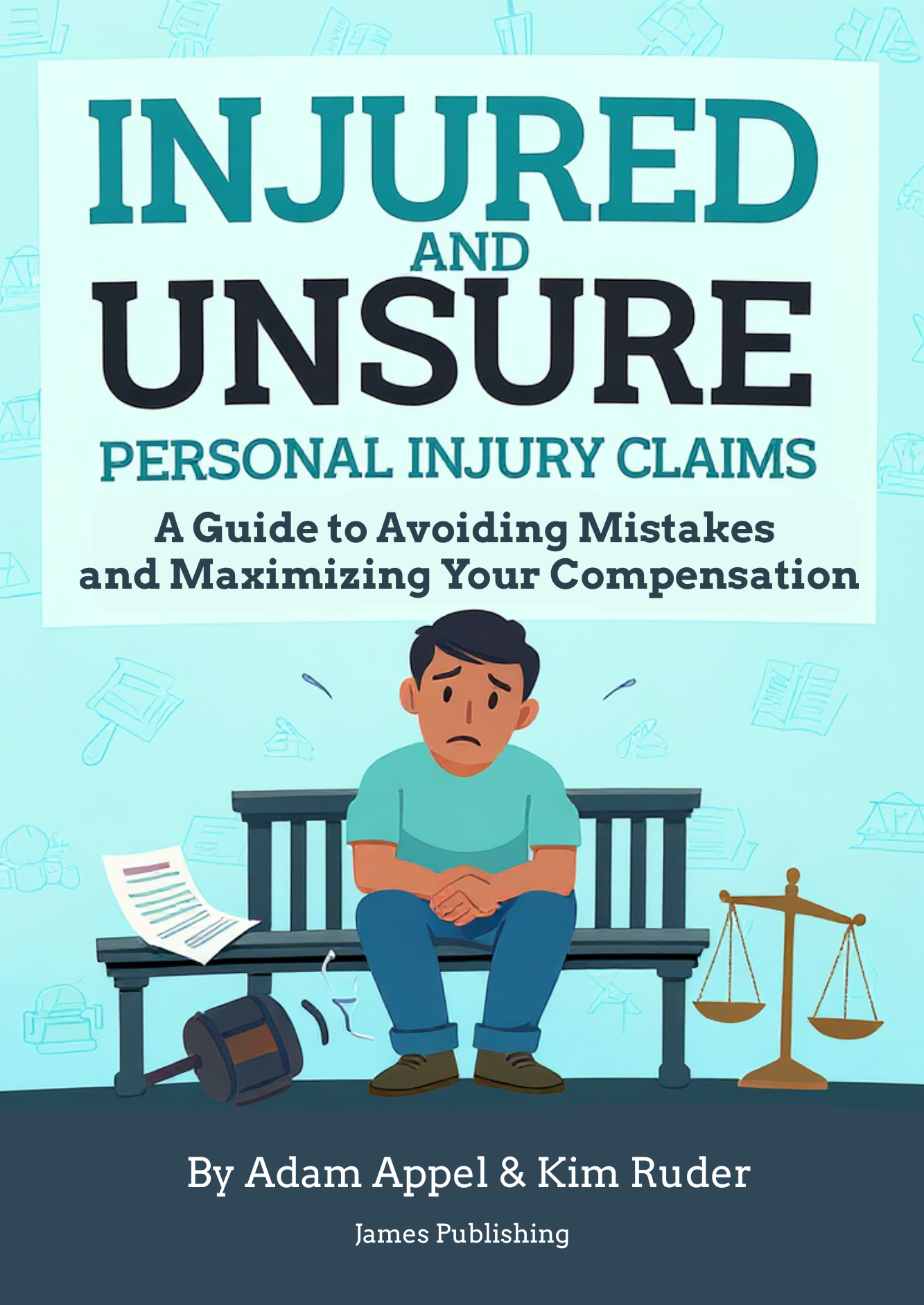Table of Contents
Given that the protocols may very well continue to change as the pandemic wears on, where does that leave you, the vehicle operator, whenever you head out on the road, hoping not to run into any problems with reckless drivers or hazardous conditions? That’s a serious question in Georgia, and especially the greater Atlanta area, given that, according to 11 Alive News, the Atlanta Police report 1,080 crashes per month, with over 100 of those entailing severe injuries.

One way to set your mind at ease and ensure that you have a backup should the worst happen, is to invest in DashCams for your vehicle. These are more affordable than you might think, ranging from $50 all the way up toward $1000, depending on how fancy the features are.
To find the camera that’s right for your vehicle and budget, be sure to do plenty of research. Popular Mechanics recently rounded up some of their best picks, and advised consumers to purchase “a camera that continuously records video and automatically saves it in the event of an accident, potentially giving you some much-needed evidence if there’s a dispute over who’s at fault.”
You’ll also want to make sure that wherever your DashCam is recording, it’s legal to do so. The laws vary from state to state. Though there are no laws expressly prohibiting the use of dashcams in Georgia (as long as it’s positioned correctly and not obstructing the driver’s view), if you’re traveling, this is something to keep in mind.
There are several states, such as our southern neighbor Florida, that do not allow recording without the express permission of everyone captured on camera. (Here’s a handy reference guide for what the rules are, state by state.)
The bottom line is that we have seen too many instances where insurance companies deny liability when they don’t believe that people have enough information at their disposal to support what they said happened. Sometimes insurance companies will even turn down a claim because there was no police report — but if the police aren’t able to get to the scene (or aren’t doing so for safety reasons), where does that put you? A DashCam will be your friend when it comes to giving an objective replay of precisely what occurred.
If you have been involved in a motor vehicle accident and police are unable to investigate, here’s what you can do. These next steps will be critical in making sure you’ve accounted for who’s at fault, and have the evidence to support a potential claim.
1. Move to the side of the road and make sure the other vehicle is doing the same — this can be tricky to coordinate, especially when you’re shaken by what has just happened, but try to remain as steady and calm as possible. Be sure to turn your hazard lights on, especially if you’re pulling over on the shoulder of a busy road or highway.
2. Make extra sure that neither you nor anyone else was hurt to the point where they need immediate medical attention. If not, proceed to the next step. If so, call 911.
3. Exchange information with the other driver, and make sure that you get their insurance details. Take a picture of their insurance card and driver’s license.
4. If the driver is apologizing or admitting fault, you may want to record the interaction so that you have evidence of the admission if they try to change their accounting of it later.
5. If there were any witnesses, try to get their names and phone numbers — and even consider (if you have the witness’s permission) recording their quick statement of what happened.
6. Take tons of pictures or videos (with your mobile phone) of the vehicles involved, and make sure to document the damage and the tag numbers of vehicles. You may also want to photograph anything else that could be relevant, like broken glass or skid marks (think of this like you’re a detective, first on the scene).
7. Fill out Form SR-13 form, available for download via multiple sources online. Then report the incident to your insurance company right away — the sooner, the better.
From there, you’ll want to carefully pay attention to how you’re feeling physically in the days and weeks after the crash. Not all injury manifests right away, given how much adrenaline is usually pumping through your system right after an accident, but conditions like whiplash are serious and will worsen if not treated. Make an appointment with your doctor to get checked out, and keep track of any increase in pain or discomfort.
Also, avoid sharing about the accident too much on social media profiles, especially if those profiles are public-facing. We advise our clients and potential clients to be cautious about this, because sometimes defense attorneys will do some digging to see if they can find any ammunition against the person who has been injured and is leading the lawsuit.
In case you are not sure if you should seek legal help here are nine signs you may have a case. Dermer Appel Ruder, LLC offers free consultations at any time and will be able to advise you, call us at (404) 390-4224. Your best interest is always top of mind for us, so be sure to save our number and information and give us a call should you ever need it.
